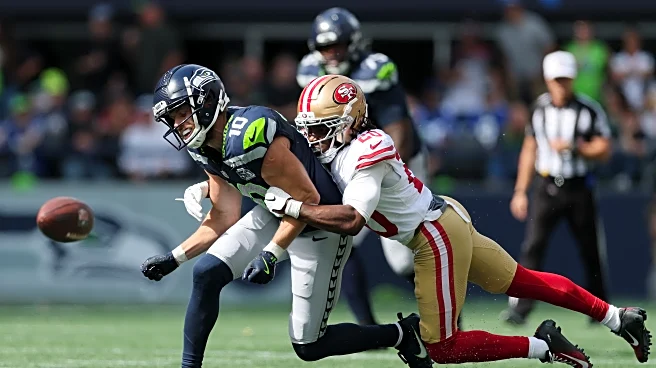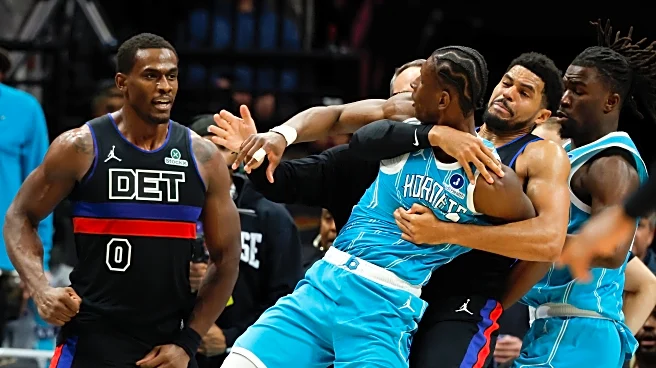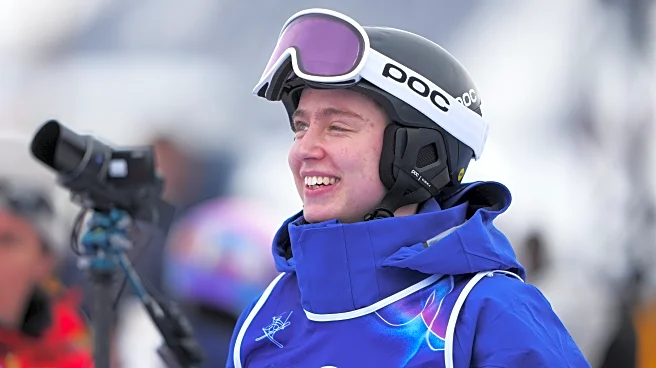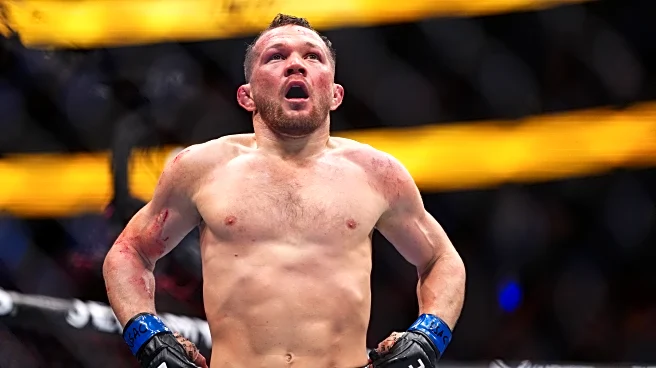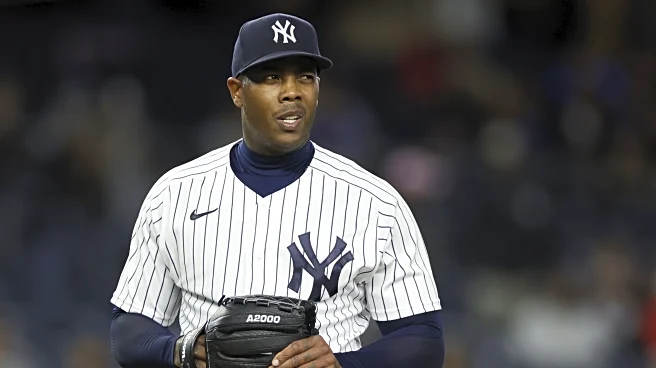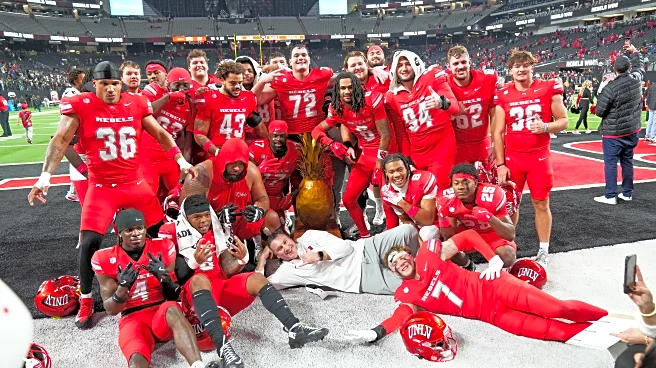This week on The Hawks Eye Podcast, NFL analyst Garret Greenlee (of the Football Analysis website and YouTube channel) joined the show for a deep dive into the NFL’s opening weekend, the NFC West landscape,
and most importantly, the Seattle Seahawks’ tough last-minute loss to the San Francisco 49ers, which included a questionable coaching decision by Mike Macdonald.
The episode opened with a fast-paced round of “Fact or Fiction”, where Garret and I sorted through some of the league’s biggest Week One narratives. Are headlines like “the Cowboys are in trouble” or “the Dolphins’ offense has stalled” legitimate concerns, or just the typical overreactions that come with the first game of the year? The goal was to separate real warning signs from early-season noise and set the table for a bigger conversation about where teams truly stand.
We then shifted focus to the NFC West, where both the Cardinals and Rams offered intriguing performances. Arizona showed some fight, but the real story was Los Angeles. The Rams looked sharp, especially on the defensive side of the ball, where their young players played with confidence and discipline. Meanwhile, the 49ers didn’t look nearly as dominant as many expected. They remained a competitive, well-coached team, but the performance left open questions about just how much separation exists between them and the rest of the division. Injuries are already taking a toll on the team, including to Brock Purdy and George Kittle.
The heart of the conversation focused on the Seahawks vs 49ers matchup. I asked Garret whether Seattle’s struggles revealed deeper issues within the roster and coaching staff, or if they were simply the byproduct of running into a tough divisional opponent in Week One. We broke down Klint Kubiak’s offensive game plan, questioning whether the approach was too focused on trying to outsmart Robert Saleh’s defense. In the process, Seattle struggled to lean into the identity the team had preached about all offseason — being a tough, physical running team. Then there’s Mike Macdonald kicking a field goal on 4th and 1 in the San Francisco red zone, which gave Seattle a lead it could not hold. Seattle could’ve gone for it and pushed for a touchdown or still kick a field goal with less time on the clock, but Macdonald “took the points,” which Greenlee disagreed with.
“I’m always for stepping on the throat,” Greenlee said. I don’t want to be conservative with that. And it was fourth and one on the 49ers 19-yard line. There’s three minutes left in the game at that point, especially with how much they invested in the offensive line, Seattle that is. I kind of want to just say like, ‘Hey guys, I trust you. Let’s go make something happen.’ And I know Seattle only averaged 3.1 yards per carry, but you only need one. You don’t need 15. You only need a yard. I personally would have said, ‘Hey, let’s go let’s go win this game.’
“And Kenneth Walker, I would have preferred to have seen him out there. That a situation for Kenneth Walker. Run the ball right up the middle, you know, gap concept, let him run behind the tackles and make a play. Even Sam Darnold could have also quarterback sneaked it.
“I don’t like the decision. Obviously I’m more of a let’s go for it [guy]. Let’s go make something happen. That was kind of I felt like playing not to lose—we’ll take the points guys, you know. I thought it was playing not to lose. And they ended up losing.”
Another key discussion centered on the running back rotation. On paper, Kenneth Walker and Zach Charbonnet were supposed to form one of the league’s more dynamic duos, giving Seattle balance and depth. But instead of being a clear strength, the timeshare raises real questions. Can the offense find rhythm when neither back fully establishes control? Or will what was once perceived as a cornerstone of the roster slowly become a weakness if the split limits both players’ effectiveness?
“I would probably start the [Pittsburgh Steelers] game with Kenneth Walker,” Greenlee said. “Try and have a couple of of gap concepts early, try and pound the rock right up the gut. Even with him still in the game, run a couple play-action [passes]. If I’m having my scripted plays, I’d like to get Kenneth Walker at least three or four touches on the first drive. Really get him going and hit Cooper Kupp on a play-action concept just to, you know, have him run like a corner route. See if we can get him the ball in stride, pick up 12 or 14 yards, keep it going, keep moving the sticks, and pick up four or five in a cloud of dust with Kenneth Walker and pound the rock down the field. Within this, have a have a quick play to JSN, have a quick drag to JSN, have a play-action, timing-based route to Cooper Kupp, bring Charbonnet in for a carry just to to give Kenneth Walker a breather.
“Let [Walker] get those touches out of the way early—or not those touches, but the early contact out of the way early, and then bring a fresh Zach Charbonnet into the game later. That way, he’s fresh off the bench. You may have a fatigued defense and we can have our one-cut back [available] later in the game.”
To close the episode, I ran Garret through a rapid-fire round covering bounce-back candidates, standout rookies, and which non-playoff teams from last season now look dangerous after Week One.
The central theme was clear: Should Seahawks fans panic, or stay patient? As Garret and I emphasized, Week One offers clues — but it rarely defines a season.
